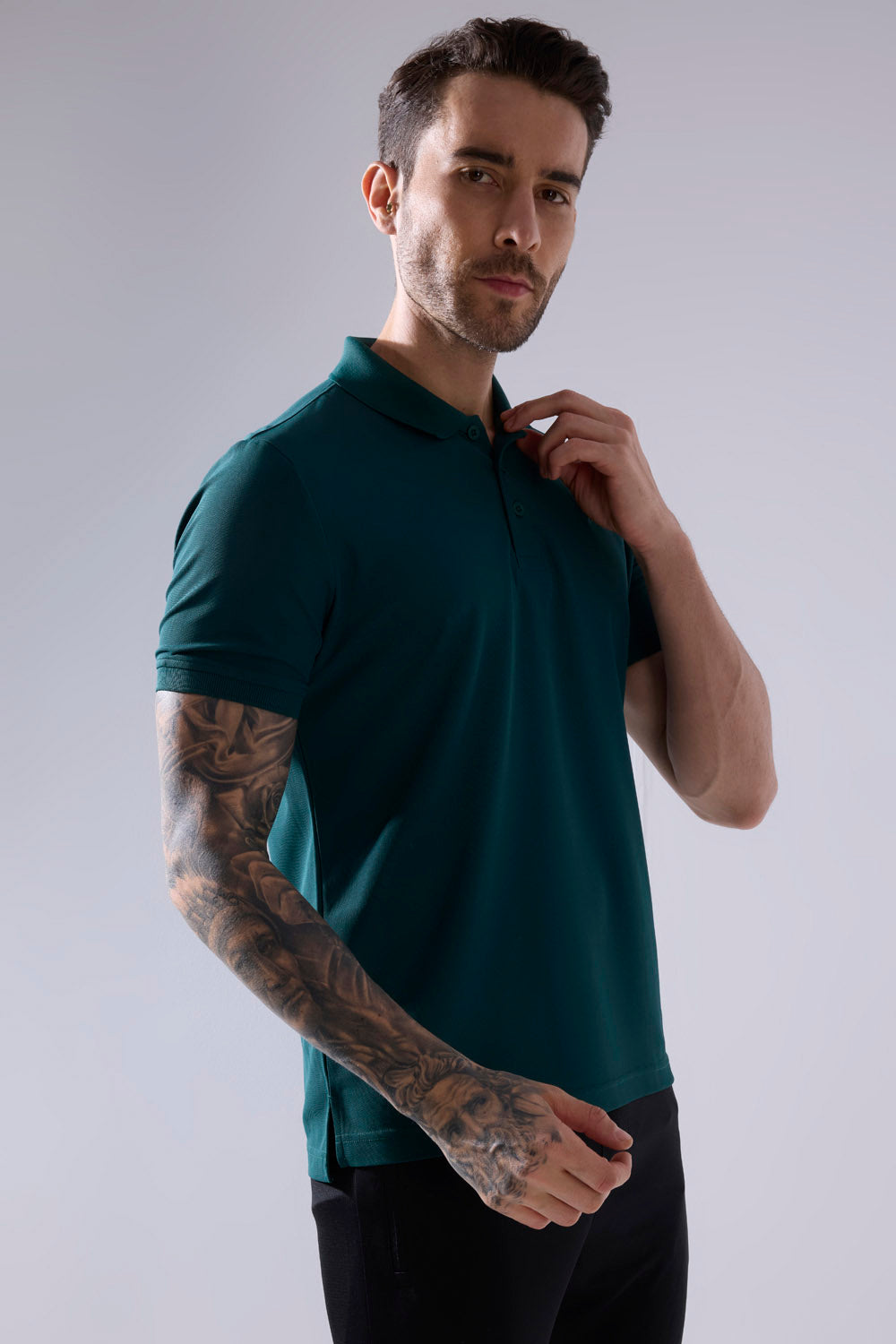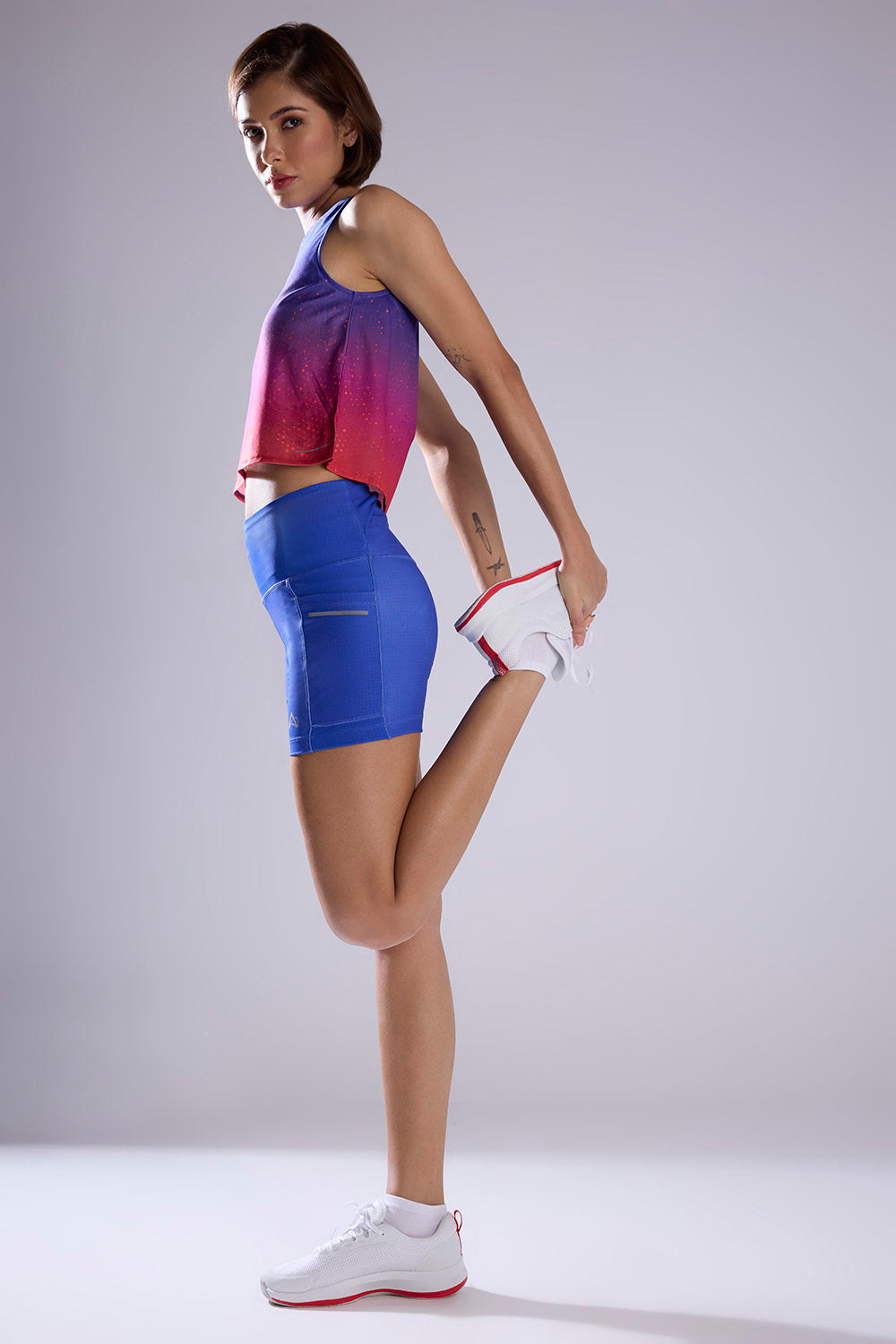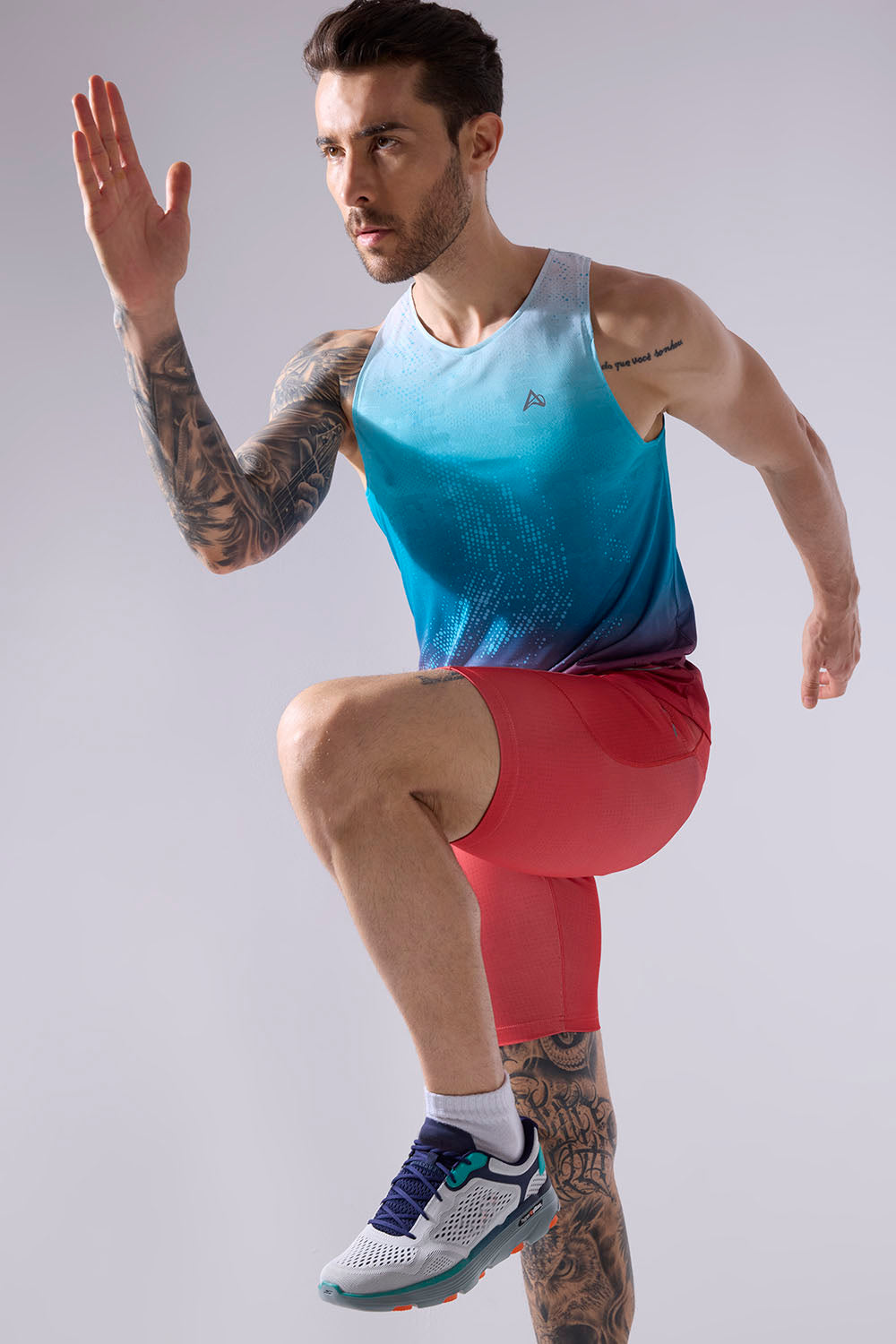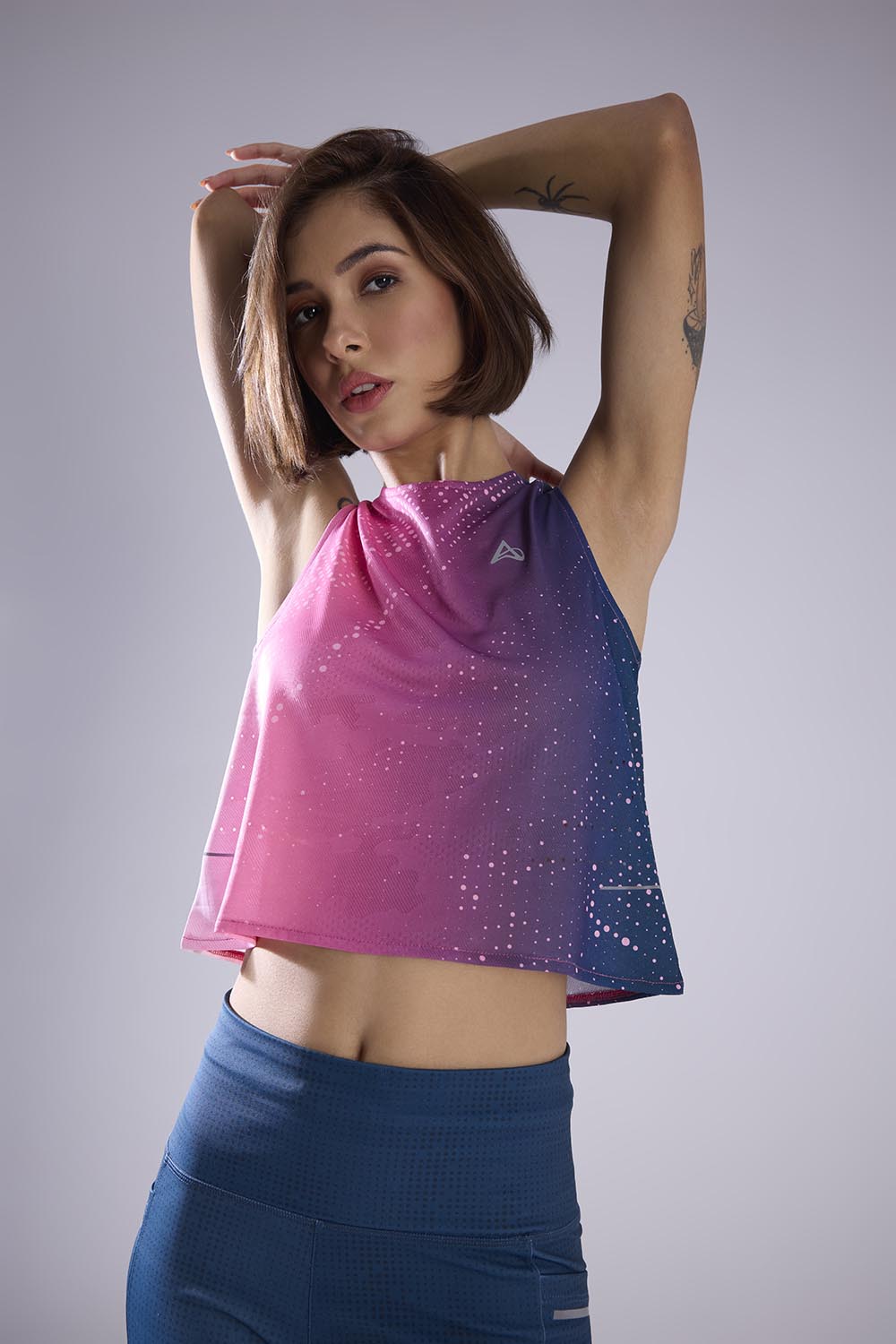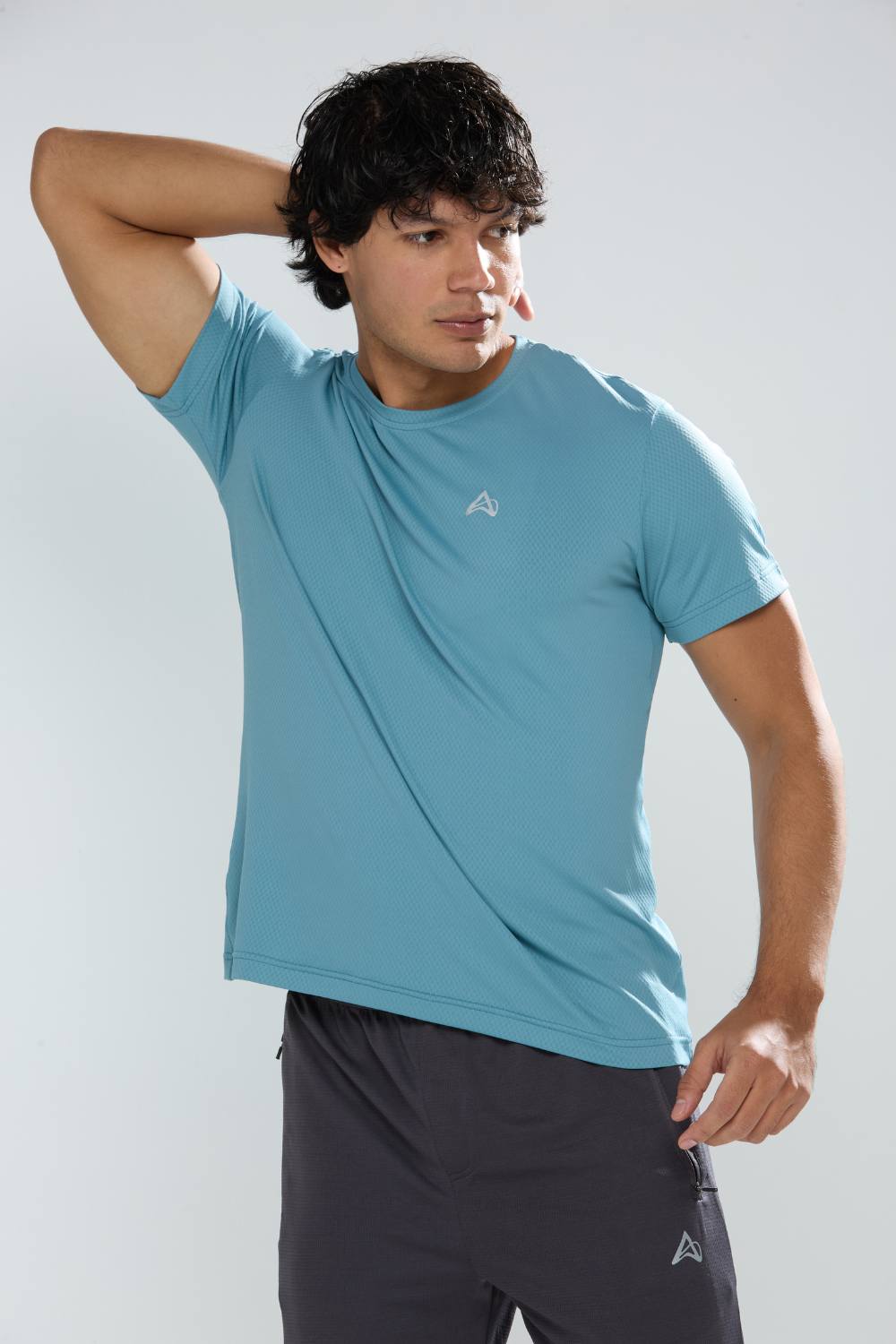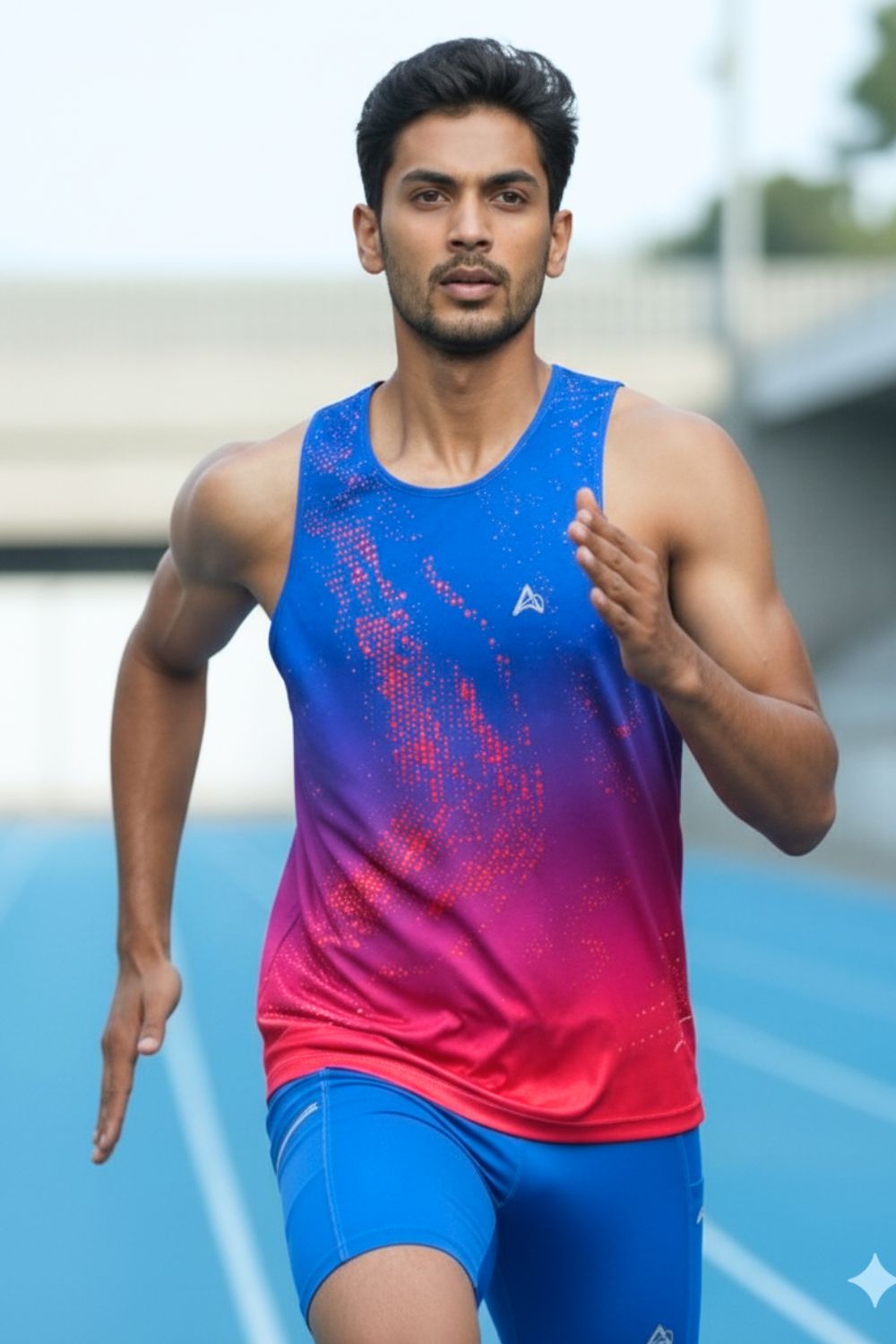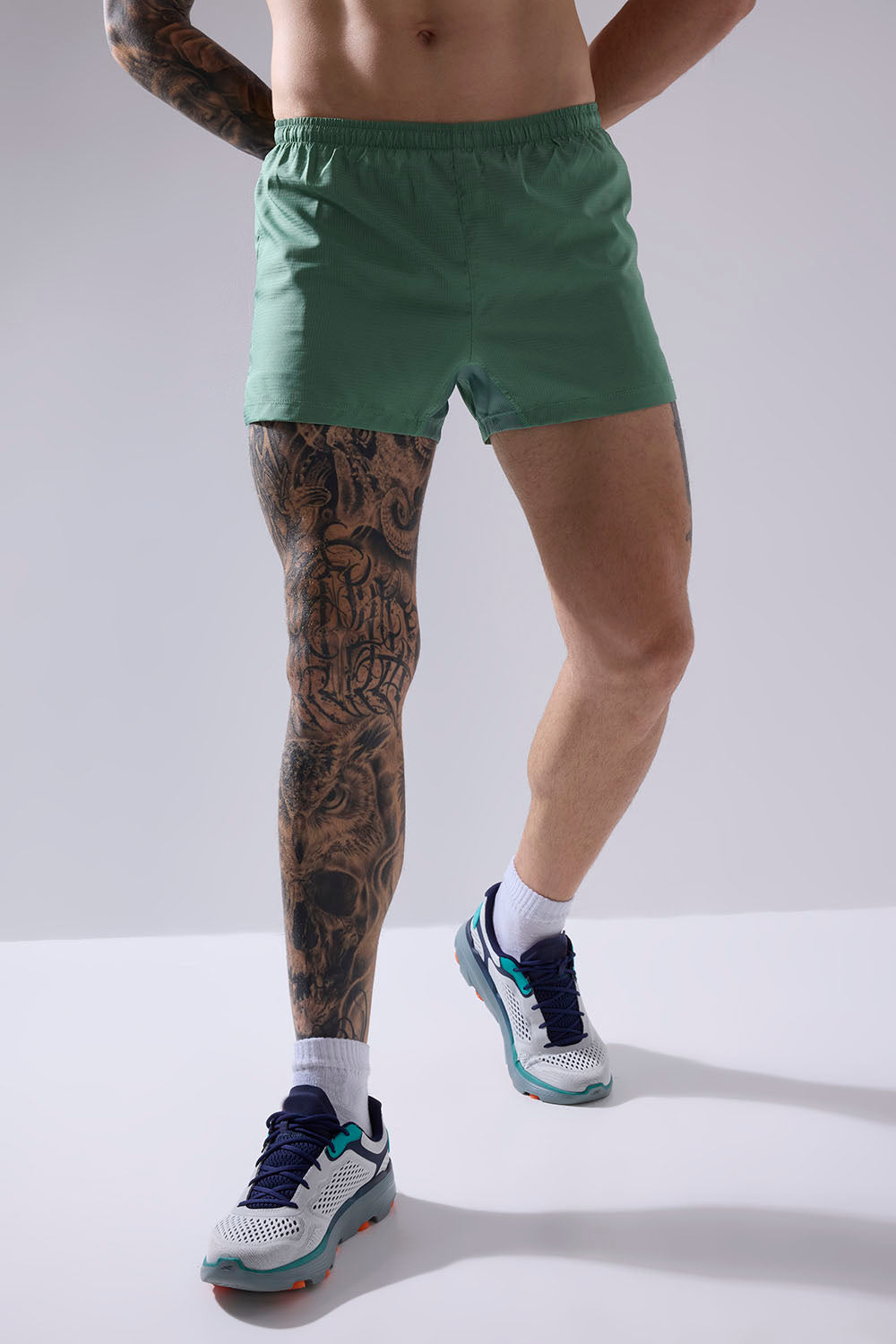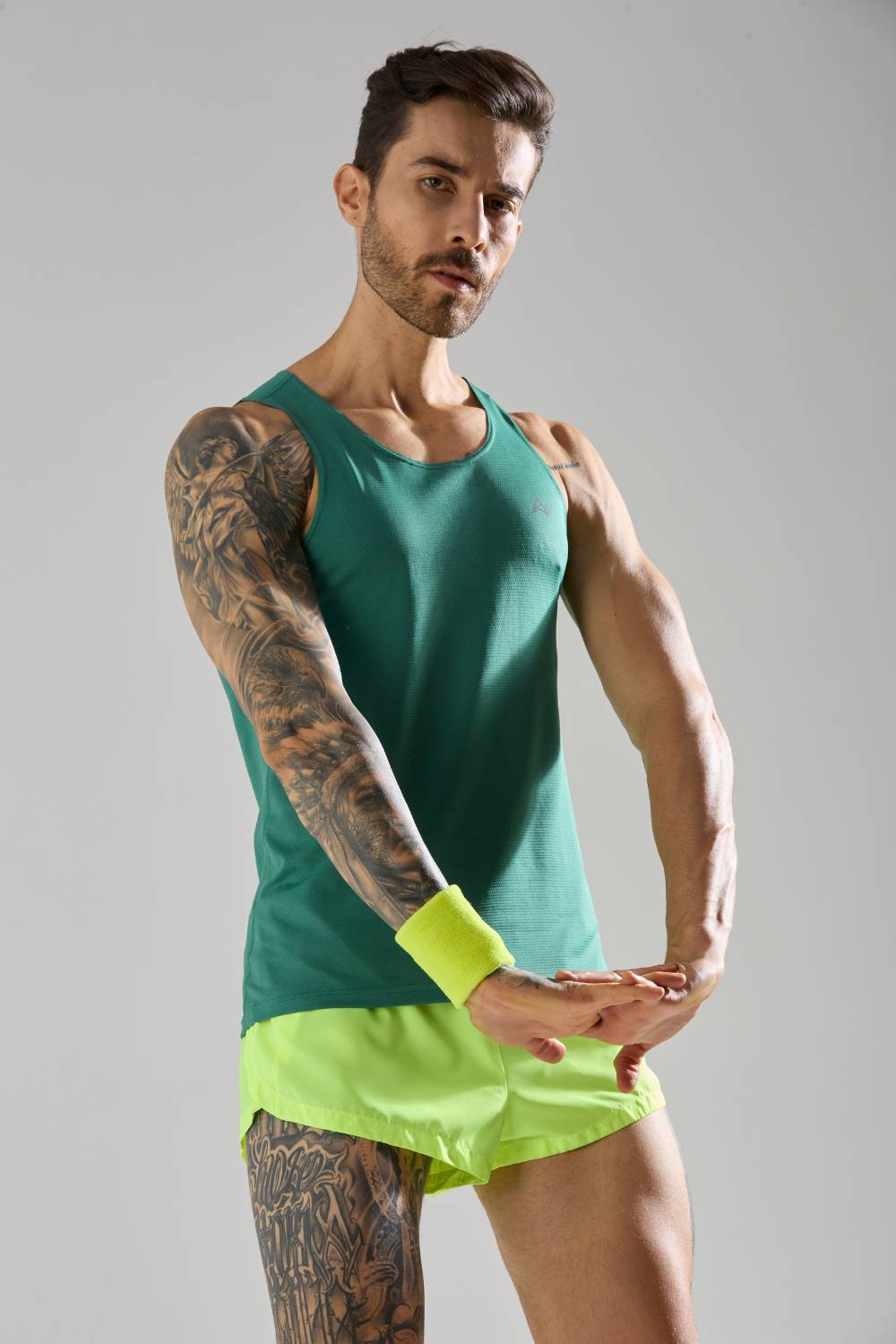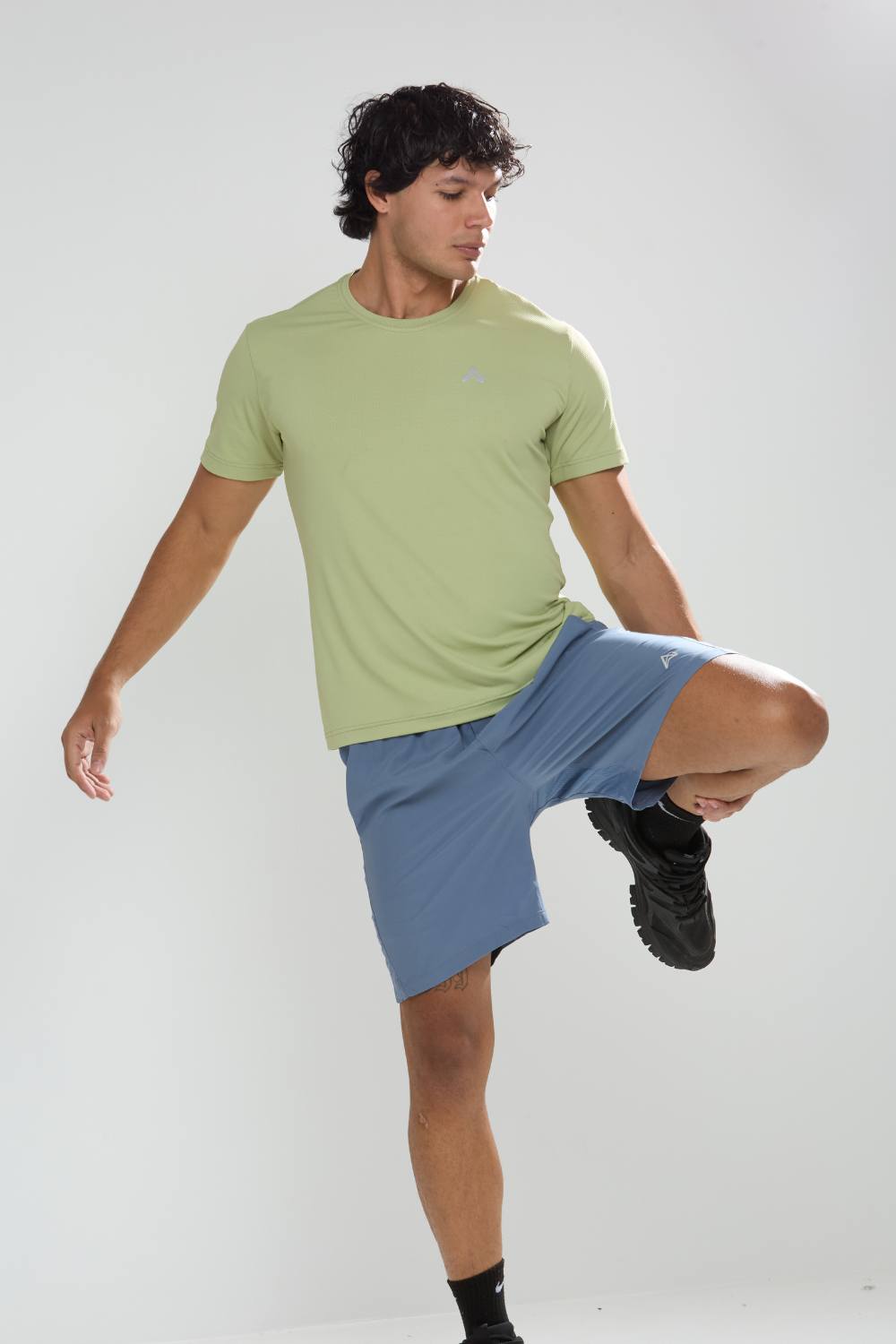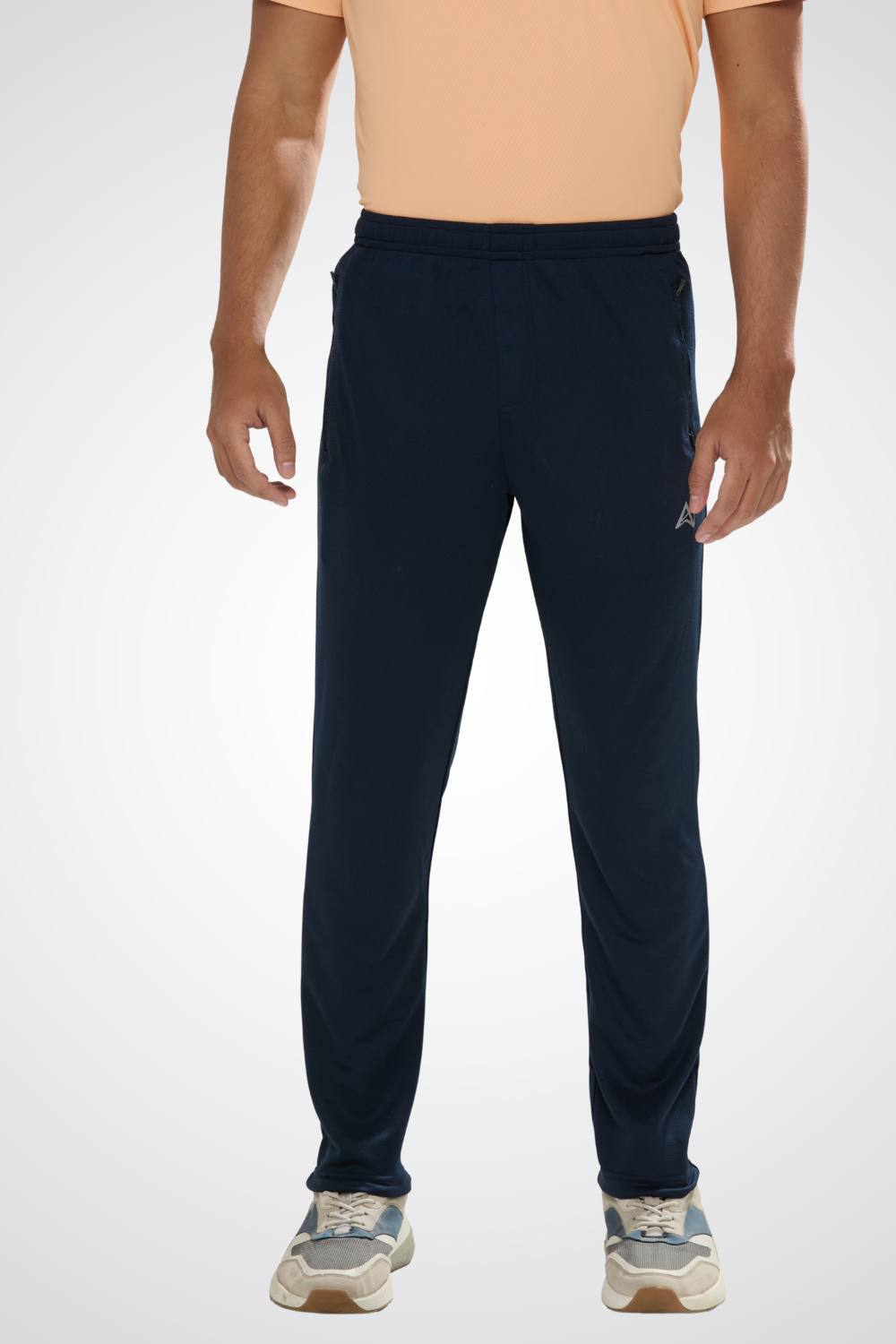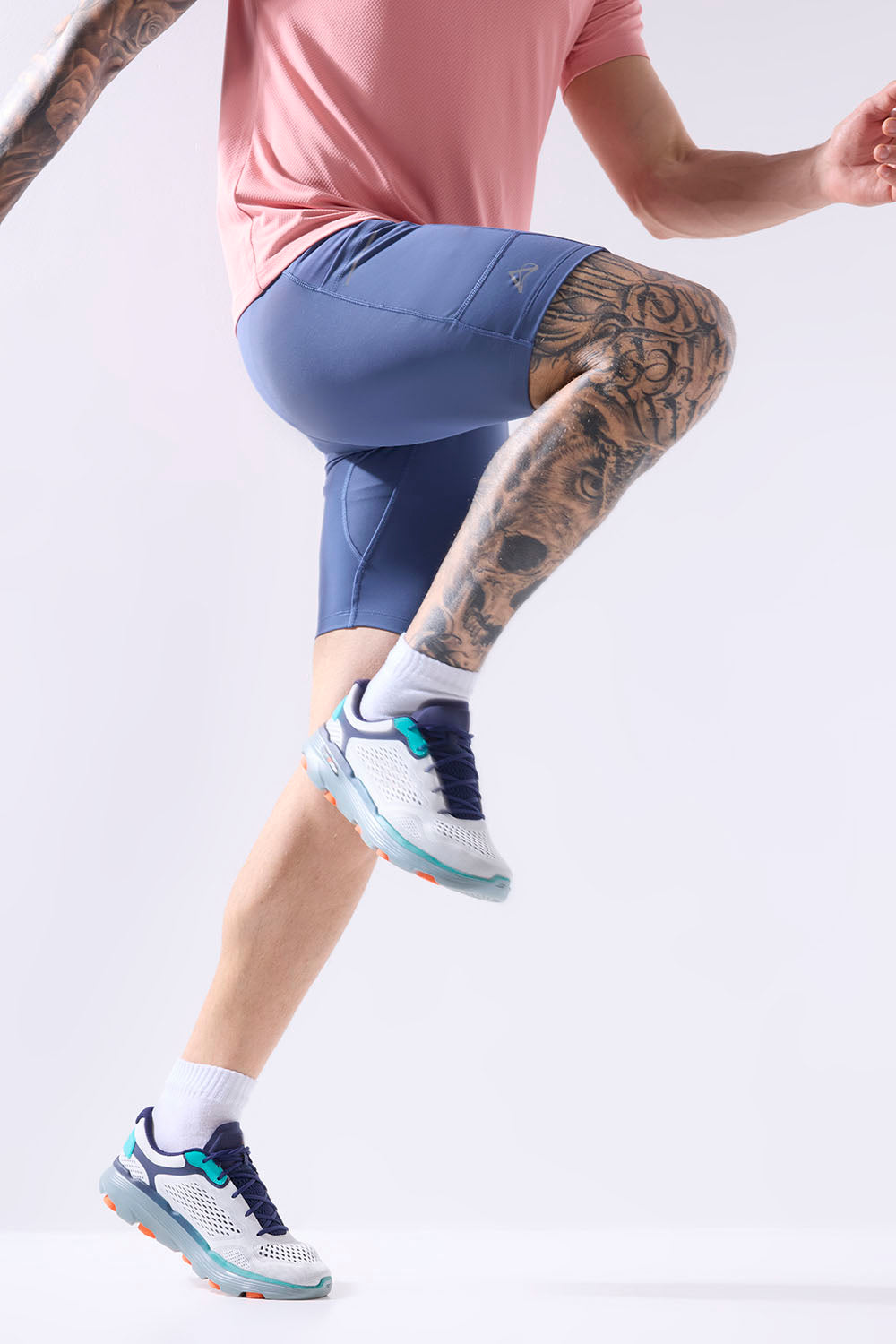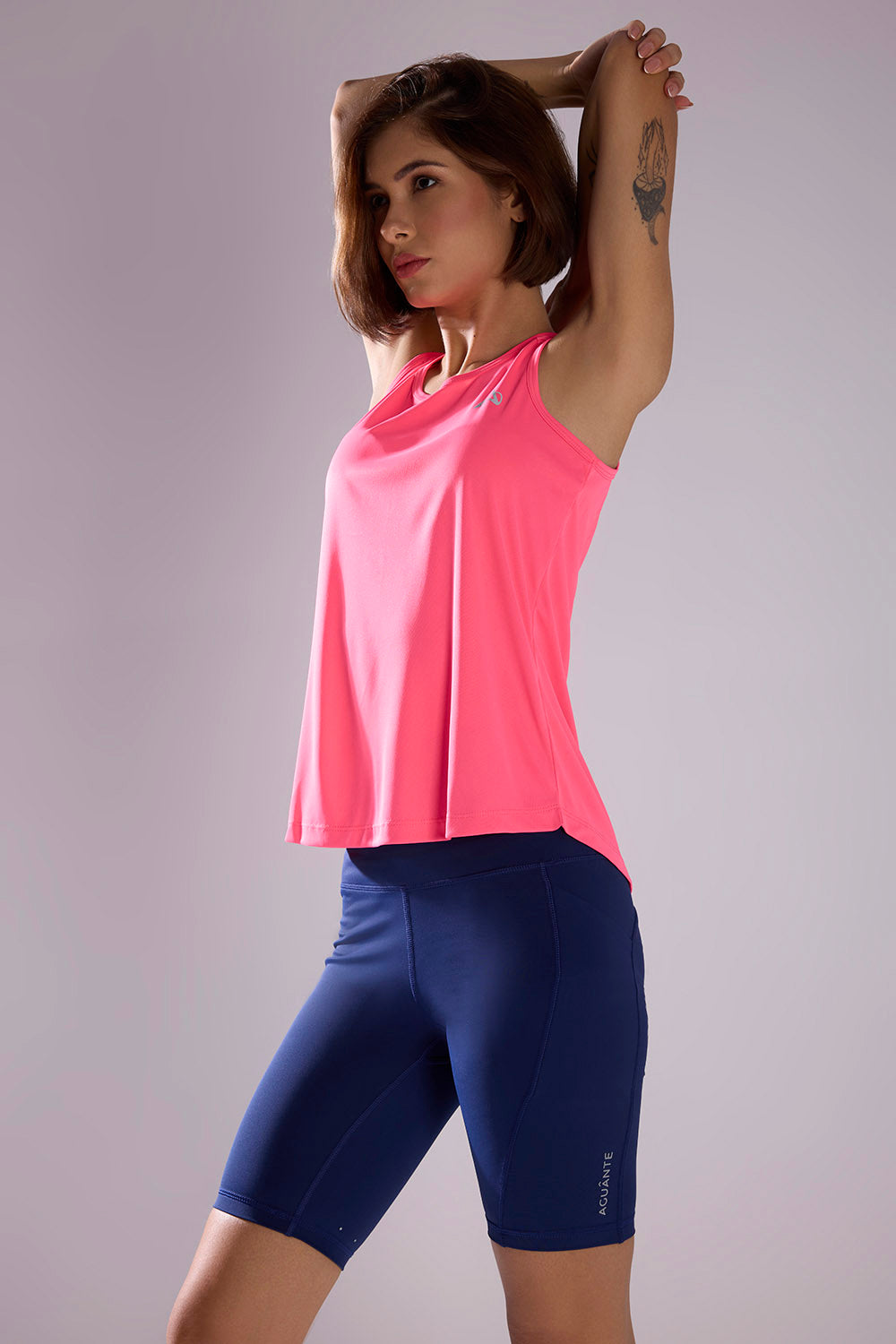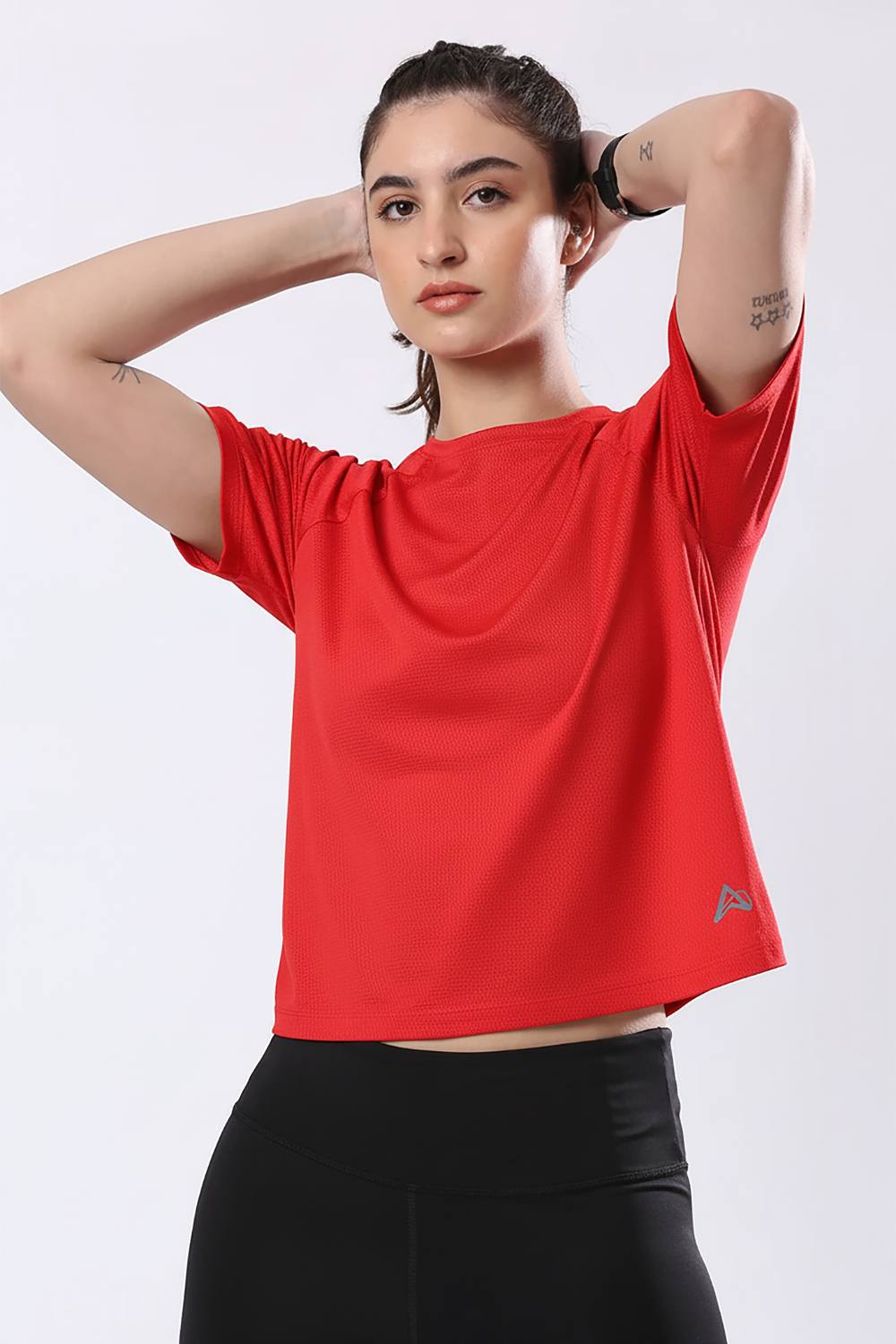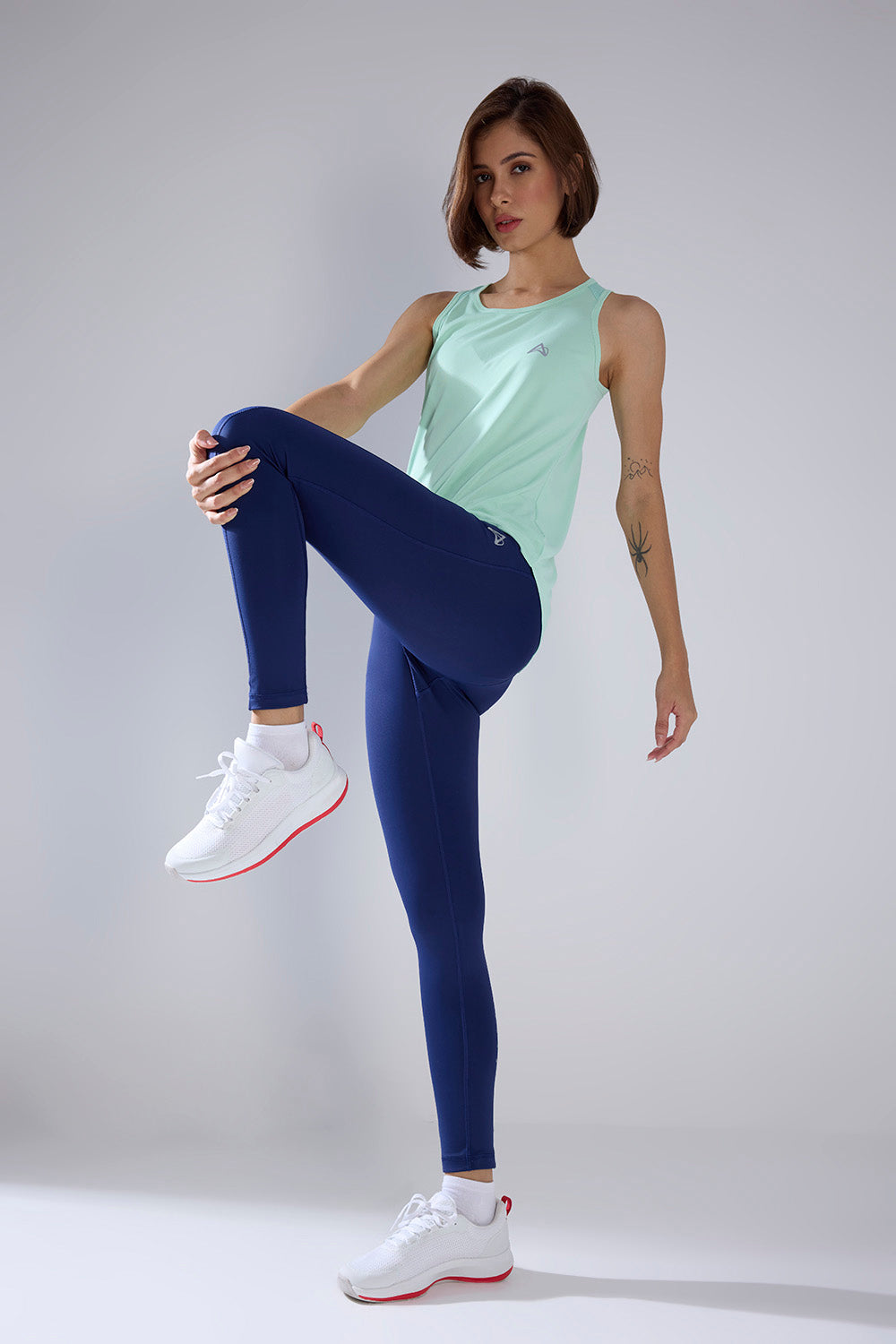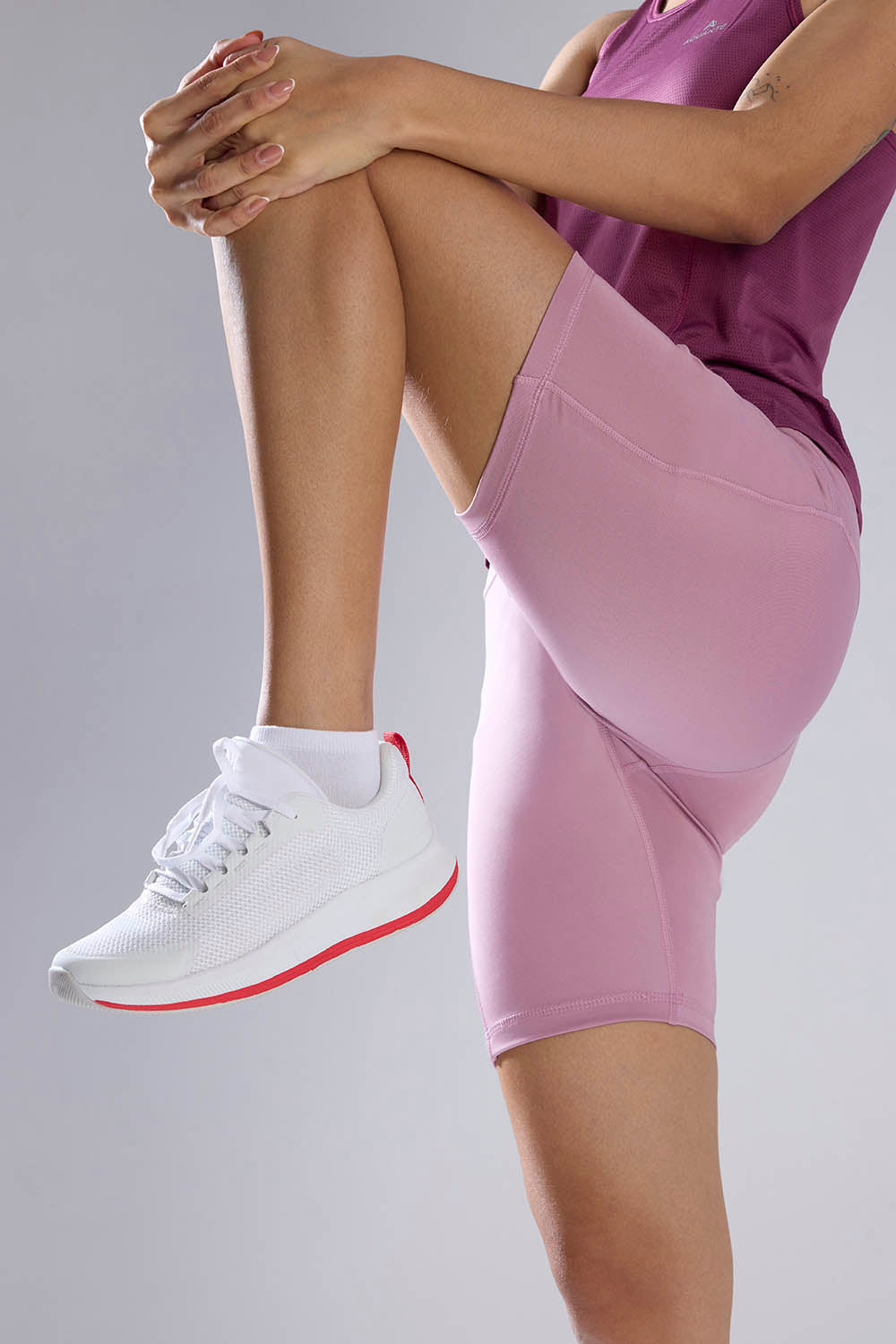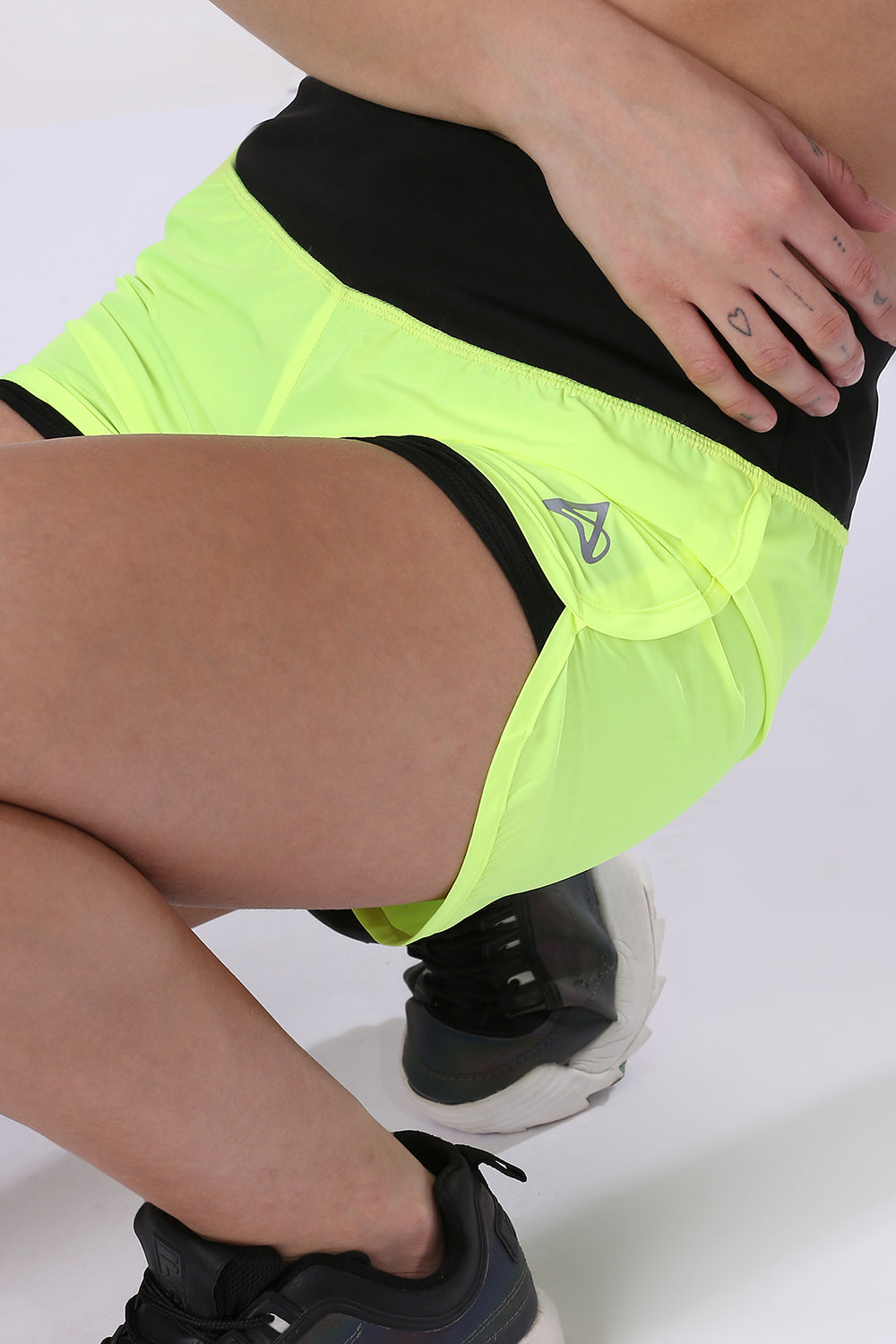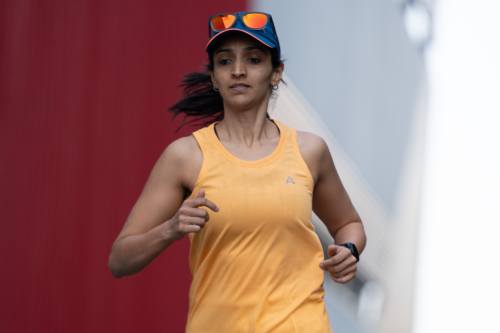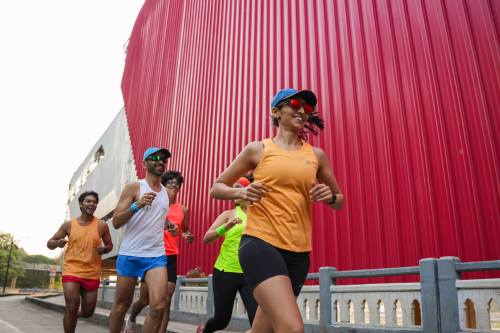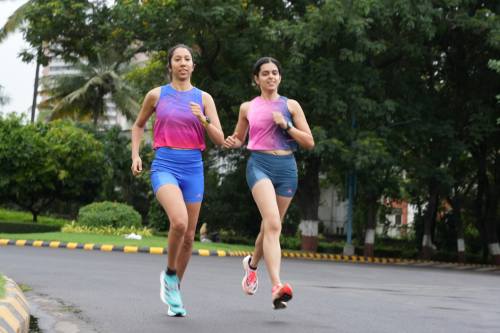Quick Listen:
In the misty dawn of Bengaluru's Cubbon Park, a cluster of runners snakes through towering eucalyptus trees, their vibrant sneakers slicing through the damp grass like bursts of color in a watercolor painting. At the front, a female coach barks rhythmic encouragement "Breathe steady, legs strong!" her presence a beacon for the pack behind her. Scenes like this, once outliers in India's male-dominated fitness landscape, now pulse with regularity from the bustling streets of Mumbai to the serene paths of Chandigarh. Women coaches are not merely guiding strides; they are re architecting the nation's running ecosystem, igniting a transformative wave in the activewear market. This evolution transcends personal milestones it's a commercial catalyst, propelling demand for apparel that honors women's diverse forms, cultural contexts, and unyielding ambitions, all while brands scramble to harness India's escalating fitness fervor.
Tired of gear that slows you down? Chafing, soggy fabrics, and missing pockets kill your run's momentum. At Aguante, we're runners who get it. Our high-performance activewear features moisture-wicking fabrics, ergonomic designs, and smart storage to keep you focused. Shop Now!
Women Coaches: The New Vanguard of India's Running Boom
India's affinity for running has ignited into a full-throated roar. Coastal promenades in Mumbai and shaded trails in Pune brim with clubs and prep squads, a notable portion now helmed by women who serve as more than mentors they are architects of aspiration, drawing in professionals, homemakers, and students alike to embrace the pavement's call. This surge aligns with broader global currents: the worldwide sports training sector, which hit USD 10.23 billion in 2021, is forecasted to climb to USD 15.43 billion by 2029, expanding at a compound annual growth rate of 5.5% through 2022-2029 global sports training market. Fueling this ascent are escalating per capita disposable incomes and a societal pivot toward sports as a cornerstone of well-being. At its core, sports training represents a meticulous regimen designed to propel athletes toward pinnacle performance in their chosen discipline, methodically enhancing endurance, fortitude, technical prowess, drive, and self-assurance. It underscores the pursuit of optimal motor capabilities tailored to specific sports, while imparting vital insights into nurturing a robust physique and psyche.
India is carving out a substantial share of this expansion, with women's involvement accelerating the momentum. Consider the Tata Mumbai Marathon 2025: female finishers leaped by 19.5% from the prior year, a testament to burgeoning inclusivity in endurance events. Across the board, marathons from Delhi to Chennai report record female turnouts, with events like the world's largest women's marathon set for March 2025 extending slots to Indian participants, aiming for 20,000 runners worldwide. This isn't mere numerical uptick; it's a paradigm shift. Women coaches champion integrated regimens that fuse physical conditioning with psychological fortitude, appealing profoundly to novices craving gear that syncs seamlessly think seamless, moisture-evaporating layers and ergonomic supports that brave monsoons or sweltering heatwaves. Their influence ripples into consumer habits, elevating fabrics that prioritize adaptability and endurance amid India's climatic mosaic.
Yet, this vanguard's potency lies in its grassroots alchemy. Platforms like Women in Sport India's Momentum 2025 initiative spotlight female trailblazers in coaching, analytics, and beyond, fostering networks that amplify voices long sidelined. In Delhi, ASICS Running Club coach Megha Kishore exemplifies this ethos, her sessions blending ACSM-certified marathon tactics with HYROX drills, empowering squads to shatter personal barriers. Farther south, Chennai Runners ambassador Logeswari Karthikeyan transformed her weight-loss quest into a coaching crusade, her Porur Racers chapter a haven where beginners evolve into ultramarathon contenders. Such figures aren't anomalies; they embody a cultural recalibration, where coaching evolves from rote instruction to holistic empowerment, directly stoking the flames for activewear that resonates with real-world rigor.
From Grassroots to Gear: The Ripple Effect
Step into a Delhi running enclave or Chennai's coastal circuits, and the imprint of women coaches crystallizes. In Bengaluru, one trailblazing coach launched an all-women marathon cohort, merging interval bursts with restorative yoga flows; her program has magnetized over 500 novices, many debuting in sneakers upgraded to full performance ensembles. This cohort isn't dabbling they're committing, channeling funds into wardrobes of high-impact shorts, ventilated hoodies, and compression sleeves that match their intensifying regimens. Savvy brands are attuned: alliances with female-led groups are proliferating, birthing lines that spotlight modest athleisure and scalable fits for every silhouette.
Technology weaves deeper into this tapestry, magnifying the synergy. Wearables and apps, embedded in coaching protocols, forge novel brand conduits. A Mumbai mentor, for one, leverages tracking software to monitor cohort metrics, touting accessories like GPS-secured bands and vapor-barrier tights that interface flawlessly with gadgets. This tech-training nexus propels commerce, as participants hunt ensembles that harmonize with their digital ecosystems and daily hustles. But the true alchemy unfolds in communal bonds: women-centric packs cultivate solidarity, spurring investments in premium attire that amplifies poise and prowess on the track.
This grassroots momentum dovetails with market vigor. India's activewear arena, pegged at USD 696.45 million in 2025, hurtles toward USD 1,976.10 million by 2034, surging at a 19.07% CAGR. Women dominate as the prime revenue driver, their segment outpacing others amid a 12.2% CAGR through 2030. Broader women's apparel, clocking USD 53.13 billion in 2025, anticipates a 3.49% annual climb, underscoring apparel's pivotal role in this fitness renaissance. Coaches like Kolkata's Anjali Saraogi, a Comrades Marathon veteran turned guide, illustrate how personal odysseys fuel collective gear quests, her narratives inspiring followers to opt for resilient, culturally attuned kits that endure ultra distances.
Challenges on the Track
For all their ascendance, women coaches navigate formidable gauntlets. Entrenched gender fortifications in athletic hierarchies curtail access to elite certifications and endowments, stranding many on passion-fueled bootstraps sans systemic scaffolding. This irony bedevils activewear realms: while these pioneers galvanize consumer zeal, their outfits often evade the limelight needed for lucrative tie-ups. Product voids persist acutely scant inclusive gradations or motifs attuned to sultry tropics and modesty mores leave legions underserved. Marketing myopia compounds the peril, with glossy pitches sidelining the very instigators sculpting subterranean shifts.
These impediments demand deliberate countermeasures. Enhanced certification conduits and fiscal infusions could level the field for coaches, paralleled by brands doubling down on equitable assortments. Absent such strides, sectors forfeit a burgeoning cadre prizing genuineness and reflection. As India's female labor force participation hovers at 37% lagging the global 50% benchmark sports coaching emerges as a microcosm of wider equity quests.
Opportunities in Every Stride
The proliferation of women coaches gleams as an activewear bonanza. Cravings for bespoke arrays from fortified brassieres and permeable veils to utilitarian-pocketed bottoms skyrocket. Firms syncing with female-anchored collectives harvest allegiance via endowments and joint ventures. In Hyderabad, a coach's liaison with a regional label yielded featherlight, heritage-resonant activewear that vanished from shelves in days, heralding a pivot to narrative-infused commerce that chronicles tenacity and kinship.
Cyberspace unlocks further vistas. Direct dialogues with coaching circles yield instantaneous critiques on ergonomics and utility, honing iterations with precision. This consumer artery breeds operational savvy, eclipsing conjecture in crafting. Horizons gleam: inclusivity evangelists partnering female mentors accrue fortified stature in authenticity-starved terrains. Echoing the sports training trajectory's link to apex enablement, women coaches affirm their indispensability in this performance odyssey effective sports training.
Envision Nike's After Dark Tour, where run coach Diljeet Taylor having molded over 100 elite Americans orchestrates women-centric circuits in Mumbai, her blueprint melding global savvy with local pulse to spur apparel innovations. Such synergies not only swell coffers but cement legacies, transforming transient buys into enduring allegiances.
A Finish Line That's Just the Beginning
As auroras kiss India's running veins from verdant enclosures to urban labyrinths women coaches helm the vanguard, their exhortations resounding across greens and grandstands. They transcend drills; they forge industries anew. The activewear dominion, primed for ascent, grasps a singular chance to surf this tide. Channeling resources into women-tailored blueprints and elevating female mentor's podiums unlocks a panorama as varied as it is vibrant. Prognostications hold: these leaders will propel enlistment, cascading into apparel, gadgetry, and vitality spheres. The essence distills to a resonant verity: within India's running realm, women dictate tempo, and activewear stewards ignore at peril.
Frequently Asked Questions
How are women coaches changing India's running culture?
Women coaches are transforming India's running landscape by creating more inclusive training environments and attracting diverse participants including professionals, homemakers, and students. They focus on holistic coaching approaches that combine physical conditioning with psychological support, leading to record female participation in events like the Tata Mumbai Marathon 2025, which saw a 19.5% increase in female finishers. Their influence extends beyond training to drive demand for culturally-appropriate activewear designed for India's diverse climate and modesty preferences.
What impact do female running coaches have on India's activewear market?
Female running coaches are driving significant growth in India's activewear sector, which is projected to surge from USD 696.45 million in 2025 to USD 1,976.10 million by 2034 at a 19.07% CAGR. Women dominate as the primary revenue driver in this market, with their segment experiencing a 12.2% CAGR through 2030. These coaches influence consumer purchasing decisions by promoting performance gear that suits India's climate, from moisture-wicking fabrics to ergonomic supports that handle monsoons and heat waves.
What challenges do women running coaches face in India's fitness industry?
Women coaches in India face significant barriers including limited access to elite certifications and funding, which often leaves them relying on passion rather than systematic support. The activewear market also lacks inclusive sizing and designs suited to India's tropical climate and cultural modesty requirements, leaving many underserved. Additionally, marketing efforts often overlook these influential coaches despite their role in driving grassroots fitness movements, representing a missed opportunity as India's female labor force participation remains at 37%, below the global 50% benchmark.
Disclaimer: The above helpful resources content contains personal opinions and experiences. The information provided is for general knowledge and does not constitute professional advice.
You may also be interested in: Anti-Chafing Running Shorts Gain Favor Among Athletes
Tired of gear that slows you down? Chafing, soggy fabrics, and missing pockets kill your run's momentum. At Aguante, we're runners who get it. Our high-performance activewear features moisture-wicking fabrics, ergonomic designs, and smart storage to keep you focused. Shop Now!
Powered by flareAI.co

